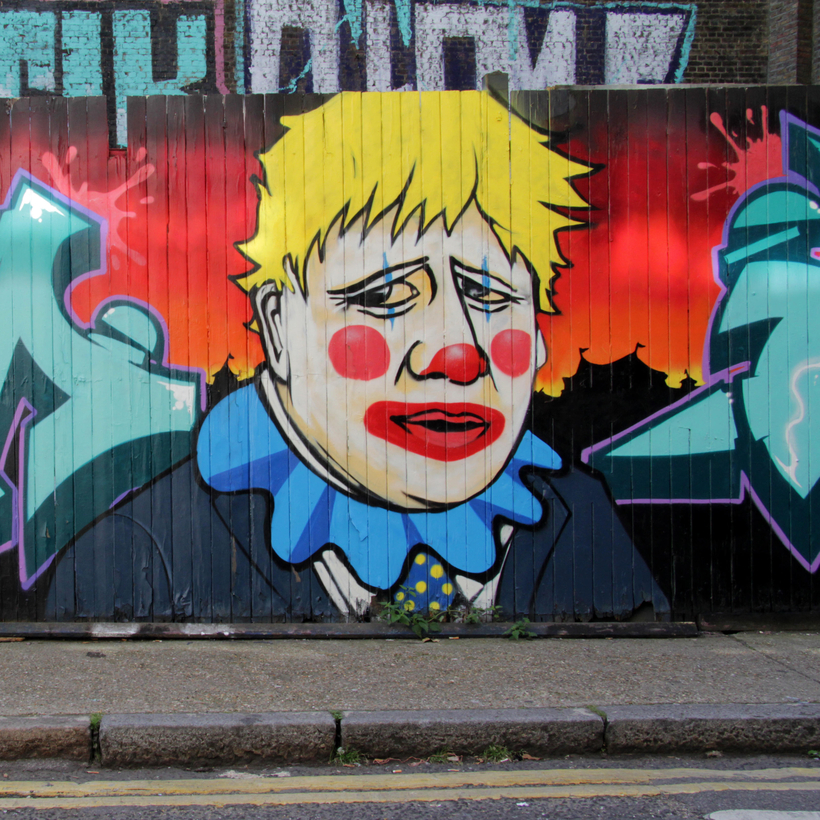One hundred and 40 years ago, a great English humorist met America’s most loved elephant and declared they would both go down in history because true fame comes when you are known by one name of five letters. Jumbo, star attraction in P. T. Barnum’s circus, would be a name no one would ever forget, claimed Oscar Wilde, just like Jesus and Plato. Or, as came later, Elvis, Boris, and Trump.
This September, some 150,000 people in Britain will consider which politician with a memorable five-letter name they want to be their prime minister. Are they “Ready for Rishi,” to quote the campaign slogan of the man whose resignation as chancellor brought about the end of Boris Johnson, or do they “trust in Truss”?


